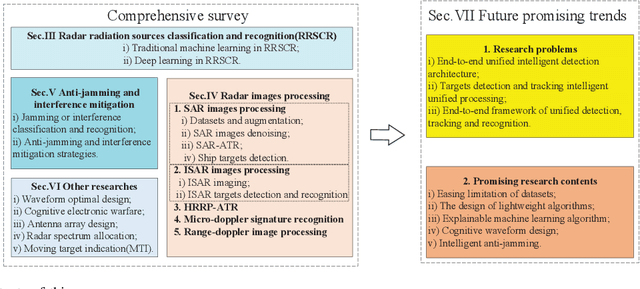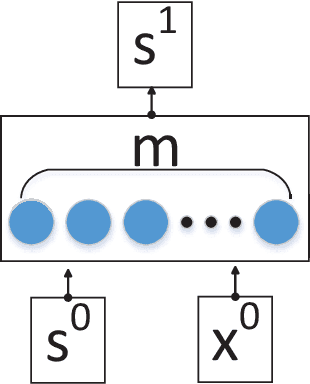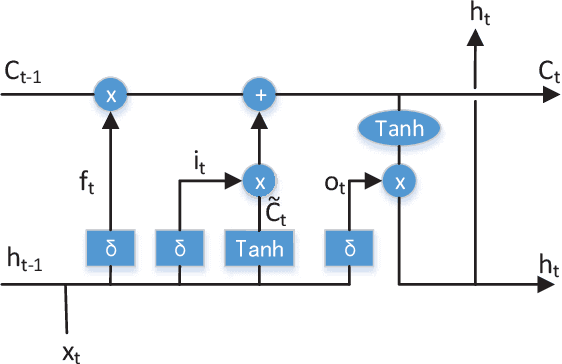Xiongjun Fu
Enhancing, Refining, and Fusing: Towards Robust Multi-Scale and Dense Ship Detection
Jan 10, 2025



Abstract:Synthetic aperture radar (SAR) imaging, celebrated for its high resolution, all-weather capability, and day-night operability, is indispensable for maritime applications. However, ship detection in SAR imagery faces significant challenges, including complex backgrounds, densely arranged targets, and large scale variations. To address these issues, we propose a novel framework, Center-Aware SAR Ship Detector (CASS-Det), designed for robust multi-scale and densely packed ship detection. CASS-Det integrates three key innovations: (1) a center enhancement module (CEM) that employs rotational convolution to emphasize ship centers, improving localization while suppressing background interference; (2) a neighbor attention module (NAM) that leverages cross-layer dependencies to refine ship boundaries in densely populated scenes; and (3) a cross-connected feature pyramid network (CC-FPN) that enhances multi-scale feature fusion by integrating shallow and deep features. Extensive experiments on the SSDD, HRSID, and LS-SSDD-v1.0 datasets demonstrate the state-of-the-art performance of CASS-Det, excelling at detecting multi-scale and densely arranged ships.
A Comprehensive Survey of Machine Learning Applied to Radar Signal Processing
Sep 29, 2020



Abstract:Modern radar systems have high requirements in terms of accuracy, robustness and real-time capability when operating on increasingly complex electromagnetic environments. Traditional radar signal processing (RSP) methods have shown some limitations when meeting such requirements, particularly in matters of target classification. With the rapid development of machine learning (ML), especially deep learning, radar researchers have started integrating these new methods when solving RSP-related problems. This paper aims at helping researchers and practitioners to better understand the application of ML techniques to RSP-related problems by providing a comprehensive, structured and reasoned literature overview of ML-based RSP techniques. This work is amply introduced by providing general elements of ML-based RSP and by stating the motivations behind them. The main applications of ML-based RSP are then analysed and structured based on the application field. This paper then concludes with a series of open questions and proposed research directions, in order to indicate current gaps and potential future solutions and trends.
 Add to Chrome
Add to Chrome Add to Firefox
Add to Firefox Add to Edge
Add to Edge